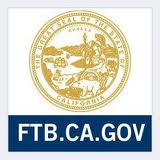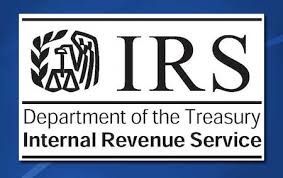 HOW TO IDENTIFY PHISHING AND SCAMS BEFORE THE DAMAGE IS DONE.
HOW TO IDENTIFY PHISHING AND SCAMS BEFORE THE DAMAGE IS DONE.
The scammers are out there still. In fact, you may receive an email today from someone claiming that your business information was entered incorrectly for 2014 and to avoid costly fines, penalties, etc., click here, open this, do that. STOP! DON’T DO IT.
THE IRS DOES NOT CONTACT YOU BY EMAIL – OR PHONE OR SOCIAL MEDIA. PERIOD.
The IRS doesn’t initiate contact with taxpayers by email, text messages or social media channels to request personal or financial information. This includes requests for PIN numbers, passwords or similar access information for credit cards, banks or other financial accounts. PERIOD.
What is phishing?
Phishing is a scam typically carried out through unsolicited email and/or websites that pose as legitimate sites and lure unsuspecting victims to provide personal and financial information.
Report all unsolicited email claiming to be from the IRS or an IRS-related function to phishing@irs.gov. Recent scams have used the Electronic Federal Tax Payment System (EFTPS) to attract potential victims. Also, if you’ve experienced any monetary losses due to an IRS-related incident, please report it to the Treasury Inspector General Administration (TIGTA) and file a complaint with the Federal Trade Commission (FTC) through their Complaint Assistant to make the information available to investigators.
What you need to do if you receive a suspicious IRS-related communication

 IRS Issues An Identity Theft Alert To Taxpayers
IRS Issues An Identity Theft Alert To Taxpayers
 Timing is everything, and the National Taxpayer Advocate Service (an independent *watchdog* group within the IRS ) just presented its mid-year report to Congress revisiting its 2002 Congressional recommendation to authorize the IRS to establish *minimum standards* for tax return preparers.
Timing is everything, and the National Taxpayer Advocate Service (an independent *watchdog* group within the IRS ) just presented its mid-year report to Congress revisiting its 2002 Congressional recommendation to authorize the IRS to establish *minimum standards* for tax return preparers.  Identity theft remains a top priority for the Internal Revenue Service in 2014
Identity theft remains a top priority for the Internal Revenue Service in 2014